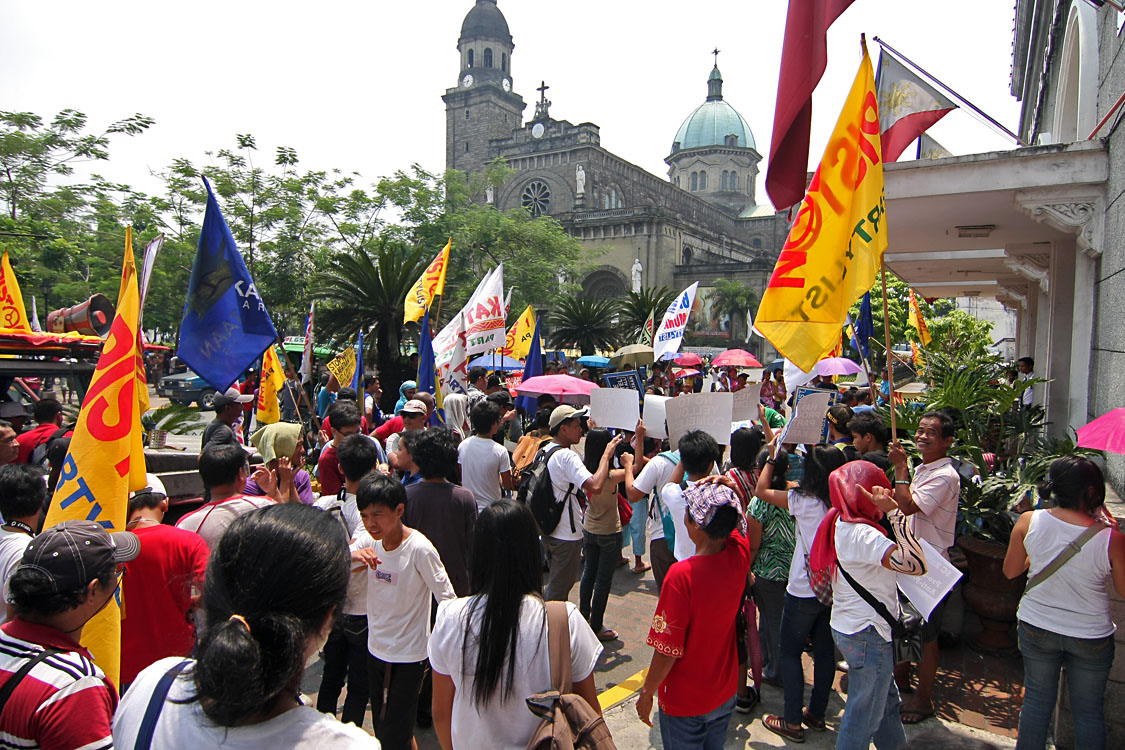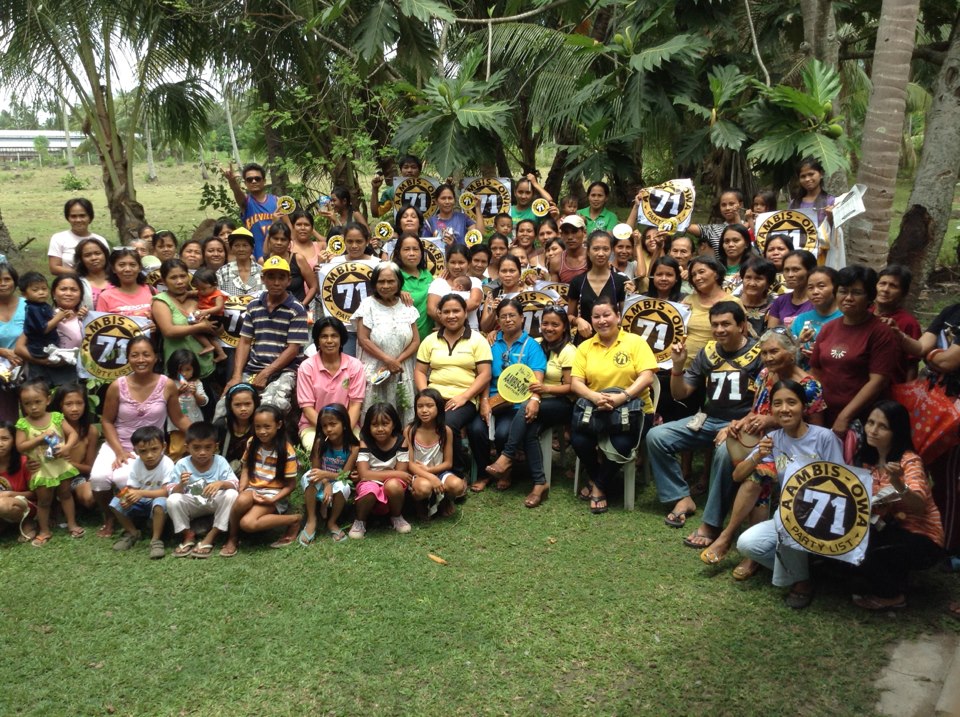The renewed push in the Senate to overhaul the 1995 party-list system law is long overdue. With the president’s elder sister, Sen. Imee Marcos, spearheading the move and wanting to clearly define its limits, the administration’s allies in the supermajority in both chambers of Congress should realize that the time has come to go back to the noble intention of the party list law.
Republic Act 7941, or the Party-List System Act, was intended to ensure “proportional representation” of the “marginalized and underrepresented” sectors, organizations and parties in the election to the House of Representatives.
Over the years, however, moneyed businessmen, members of political families and former district congressmen have dominated the party-list seats, edging out those “who lack well-defined political constituencies but who could contribute to the formulation and enactment of appropriate legislation.” They have “bastardized” and “prostituted” the party-list system, critics say.
Marcos, the chairman of the Committee on Electoral Reforms and People’s Participation, emphasized during a public hearing last week the importance of defining the party-list system in view of a Supreme Court decision that included sectoral and non-sectoral parties, which, she said, made the system “susceptible to abuse” and “drowned out” the truly marginalized and underrepresented groups “in the sea of political parties and party-list groups with questionable, if not entirely non-existent, advocacies.”
“It’s obvious that these circumstances have helped create the evil that was sought to be prevented by framers of the Constitution… The primordial issue that we need to discuss is how far can we go in defining the party-list system?” Marcos said during the Aug. 7 hearing on bills related to the party-list law.
Out of the 312 members of the House, 61 are nominees of 54 party-list groups, some of them occupying key positions in the chamber, such as minority leader Marcelino Libanan of Pagtibayin at Palaguin ang Pangkabuhayang Pilipino (4Ps), appropriations committee chairman Elizalde Co of Ako Bikol, and accounts committee chairman Yedda Marie Romualdez, the wife of Speaker Ferdinand Martin Romualdez.
Three of the top 10 richest members of the House are party-list representatives: Mikee Romero of 1-Patriotic Coalition of Marginalized Nationals Inc. (1-Pacman), Virgilio Lacson of Manila Teacher’s Savings and Loan Association Inc. (Manila Teachers), and Romualdez of Tingog Sinirangan.
The confusion over the definition of the party-list system arose from the vague provision in Section 5, Article VI of the Constitution, which says 20% of the House of Representatives should be “elected through a party-list system of registered national, regional and sectoral parties or organizations” and that for three consecutive terms after the Charter’s ratification in 1987, “one-half of the seats allocated to party-list representatives shall be filled, as provided by law, by selection or election from the labor, peasant, urban poor, indigenous cultural communities, women, youth, and such other sectors as may be provided by law, except the religious sector.”
The enabling law passed by Congress in 1995 provided that only party-list groups receiving at least 2% of the total votes cast for the party list should be proclaimed winners and that each party should have a maximum of three nominees who can occupy legislative seats.
A 2001 Supreme Court ruling said only parties and their nominees “who belong to the marginalized and underrepresented sectors” were qualified to hold party-list seats.
“The intent of the Constitution is clear: to give genuine power to the people, not only by giving more law to those who have less in life, but more so by enabling them to become veritable lawmakers themselves… The law crafted to address the peculiar disadvantages of the Payatas hovel dwellers cannot be appropriated by the mansion owners of Forbes Park,” the ruling penned by then Supreme Court associate justice Artemio Panganiban said.
In 2009, the Supreme Court voided the 2% parameter, and in 2013, another ruling held that regional and sectoral nominees don’t have to represent the “marginalized or underrepresented.” The high court said having common ideologies or principles, “regardless of their economic status as citizens,” with the party represented is enough.
These circumstances opened the floodgates for moneyed and influential businessmen and politicians to become members of the House of Representatives through the party-list system. It has ceased to be a mechanism to give power to the powerless.
Some progressive organizations have also abused the system by splitting into smaller groups; others formed factions due to power struggles to secure as many seats as they could. However, as a result of rampant red-tagging during the previous administration, progressive groups have also been eased out.
Recently, former broadcaster Erwin Tulfo took his oath as nominee of the Anti-Crime and Terrorism Community Involvement and Support Inc. (ACT-CIS), a few months after the Commission on Appointments bypassed his appointment as Social Welfare and Development secretary. He managed to get a House seat when the party’s other nominee, Jeffrey Soriano, resigned.
Former Commission on Elections commissioner Rowena Guanzon was ready to assume her position as nominee of Komunidad ng Pamilya Pasyente at Persons with Disabilities (P3PWD) in July, but the Supreme Court issued a temporary restraining order because of a protest by Ronald and Ducielle Marie Cardema of the Duterte Youth, another party-list group.
The amendments to the party-list law should prevent such wholesale substitution of party-list nominees, which has raised suspicion that horse-trading had invaded the system. It should prohibit party-list groups from making substitutions for their nominees after elections.
The Comelec should also be meticulous in checking the track record of party-list groups seeking accreditation to become eligible to participate in the election so that only the marginalized and underrepresented sectors or groups are elected to assume legislative seats.
The views in this column are those of the author and do not necessarily reflect the views of VERA Files.
This column also appeared in The Manila Times.


